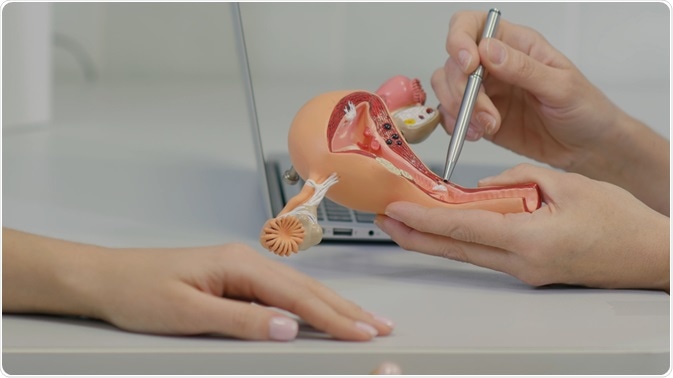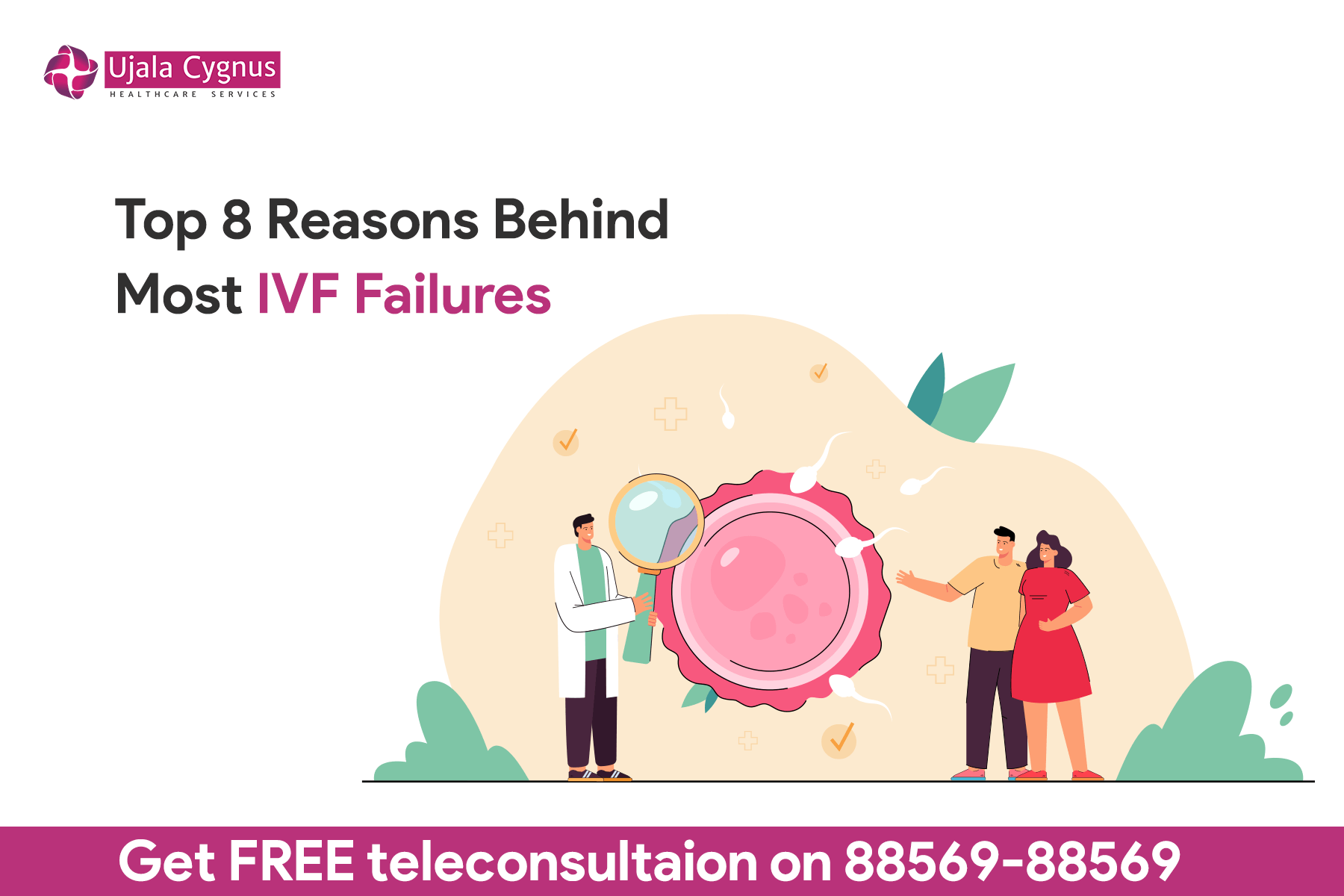What Is A Hysterectomy?
A surgical procedure in which the surgeon removes the uterus from a woman’s body is known as hysterectomy. There are various forms of hysterectomy. Some of them are mentioned below:
- Partial hysterectomy: A procedure in which partial removal of the uterus takes place, and the cervix remains intact.
- Standard hysterectomy: A method in which both uterus and cervix are removed.
- Total hysterectomy: The surgical procedure in which the uterus, cervix and one or maybe both ovaries and the Fallopian tubes are entirely removed.
The experts perform hysterectomy through the abdomen or the vagina. In some patients, this procedure is done either by laparoscopy or by robot-assisted technology. Your surgeon’s approach and their precision will decide the possible complication from the treatment. There are many uterus removal side effects which your doctor will address before the procedure starts. If not, you must not fail to ask, “what are the side effects of removing the uterus?’
What Are The Side Effects After Removing The Uterus?
The side effects can be long term or short term and vaguely depend on the patient’s health.
Uterus removal side effects are commonly observed after the hysterectomy procedure. Your surgeon will help you by providing counselling sessions and advising you throughout the treatment to get the best results. You should follow the instructions provided by your doctor to get back to your everyday life as fast as possible.
Uterus removal Side effects after the treatment can be physical, mental or sometimes emotional.
Physical uterus removal side effects include:
- A feeling of numbness near the incision or down the leg
- Burning sensation near the incision
- Itching around or near the incision
- Redness, bruising and/or swelling at the site of incision
- Pain at the incision site
If your doctor performs a vaginal hysterectomy, then you may take less time to recover. Generally, the patients can return to their daily activities within three to four weeks. The exact time required for recovery depends on your surgery type and the treatment approach followed by your surgeon. Patients who have undergone the process of abdominal hysterectomy return to their everyday daily life within five to six weeks.
If you are going to have a complete hysterectomy, it should be clear in your mind that you will experience menopause and side effects related to it. It can cause:
- Insomnia
- Night sweats
- Vaginal dryness
- Hot flashes
After removing the uterus the side effects or the emotional side effects can have a lot of impact on how you lead your life.
Emotional Side Effects:
After removing the uterus the side effects include loss of mensuration, pain after sex, and low sex drive. Additionally, women who have undergone a hysterectomy will be unable to get pregnant throughout their life. Once the uterus is removed, you cannot produce children and can neither experience mensuration.
In some cases, not experiencing menstruation is a relief, but others may take it as a considerable loss. Losing the ability to produce children and menstruating can be a huge loss for some people. If you are confused about your decision to have a hysterectomy, you should consult with your doctors, family, and friends for support, as this process can be daunting and emotionally painful.
What Are The Long-term Uterus Removal Side Effects?
Any type of hysterectomy will lead to complete loss of periods and pregnancy. Problems related to organ prolapse can also arise after it. In some cases of organ prolapse, the vagina is not connected to the uterus and the cervix. Whereas in some patients, the vagina telescopes on itself or even bulge outside the body. Certain organs such as the bowel or bladder can push the vagina down, which can cause various urinary problems. Surgical procedures are performed to correct urinary bladder problems.
Generally, women who undergo hysterectomy do not experience prolapse. Patients can prevent organ prolapse by performing pelvic floor exercises that increase the strength of that area. If you get your ovaries removed during the procedure and then you will immediately move to menopause. You may notice a drastic change in your sex life. The side effects are listed below:
- Decreased sex drive
- Pain during sex
- Vaginal dryness
The side effects in sex life arise due to changes in the estrogen production of the body. In case you are interested in counteracting these regular changes, you can always try hormone replacement therapy. In some cases, women do not experience negative impacts on their sex lives.
Are There Any Health Risks?
The surgical procedure of hysterectomy is considered significant. There are several immediate risks after the surgical procedure. Some of the risks are mentioned below:
- Bowel blockage
- Anaesthesia side effects
- Infection
- Blood clots
- Damage to tissues such as the urethra, bladder and nerves
- Blood loss
Your doctor should choose the safest way to perform the surgery to feel the least amount of discomfort and pain during and after the surgery. You should always communicate freely with your doctor about all your questions related to the treatment and procedures.
Talk To Your Surgeon Before Undergoing A Hysterectomy!
The surgical procedure related to hysterectomy is significant and can be life-changing. Due to this procedure, you can experience life-changing events such as loss of mensuration and inability to get pregnant. You should have a good talk with your doctor and ask questions related to your procedure freely. A doctor concerned about your health will ask you questions related to family medical history, your medical history and other things connected to your health. You should openly address your concerns with your surgeon before undergoing surgery.
You can ask some specific questions before the surgery, such as:
- Will I have scars, and where?
- What is the standard at-home recovery time?
- Is there any side effects of removing the uterus?
- How long will I need to be hospitalised after my surgery?
- Is general anaesthesia always necessary?
- Would you recommend hormone replacement therapy after the ovaries are removed?
- Will I need Pap smears after hysterectomy?
- Is there new research related to my condition?
- Do you use the latest surgical techniques?
- What am I a good candidate for? A vaginal hysterectomy, laparoscopic surgery, or robotic surgery?
- What are the side effects after removing the uterus?
- Which approach to surgery will you take and why?
- What are the risks of leaving the fallopian tubes, ovaries, or cervix in place?
- Which type of hysterectomy would you recommend, and why?
- Are there any non-surgical; treatments that may improve my symptoms?
The side effects of having your uterus removed after hysterectomy are both short term and long term. You should always ask your surgeon questions such as ‘what are the side effects of getting your uterus removed?’ and ‘what are the symptoms that call for hysterectomy?’
Symptoms of side effects include heavy bleeding, excruciating pain. You must work with your doctor and try to find the answer to ‘What are the side effects of removing the uterus?’ to get a clear idea about the surgical process.













